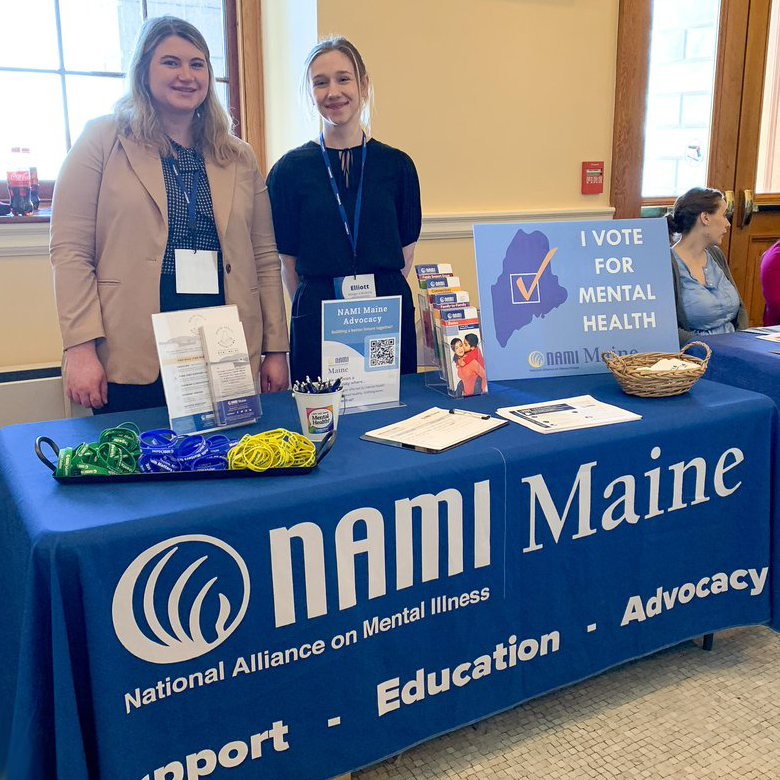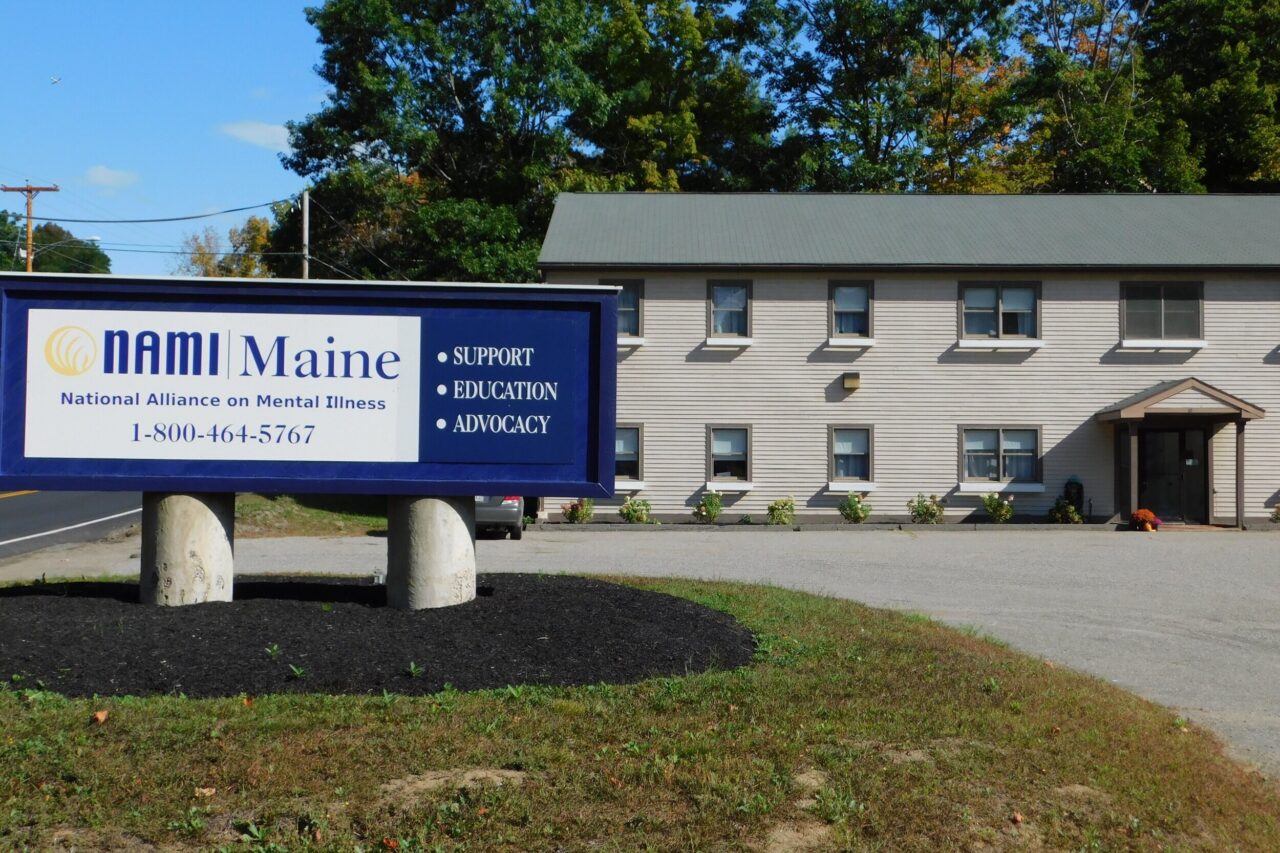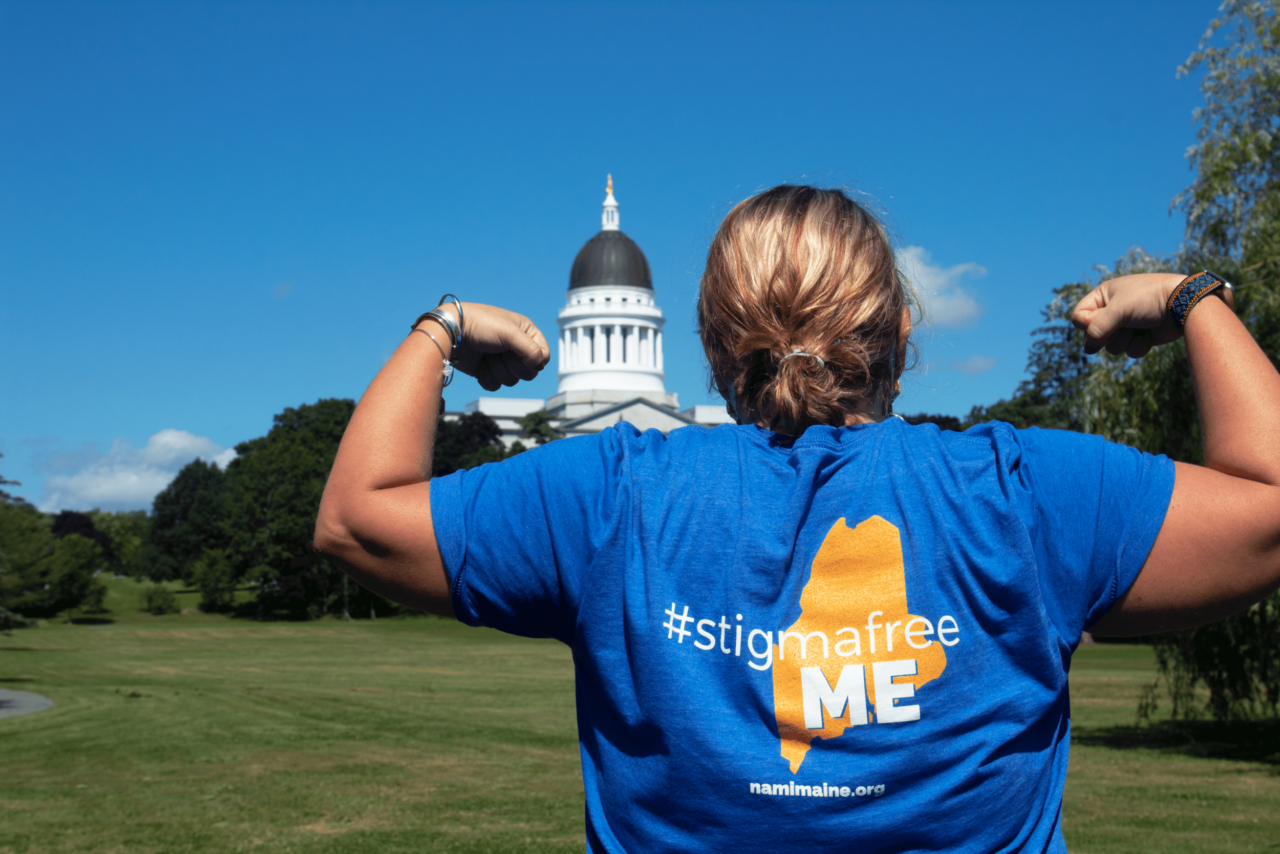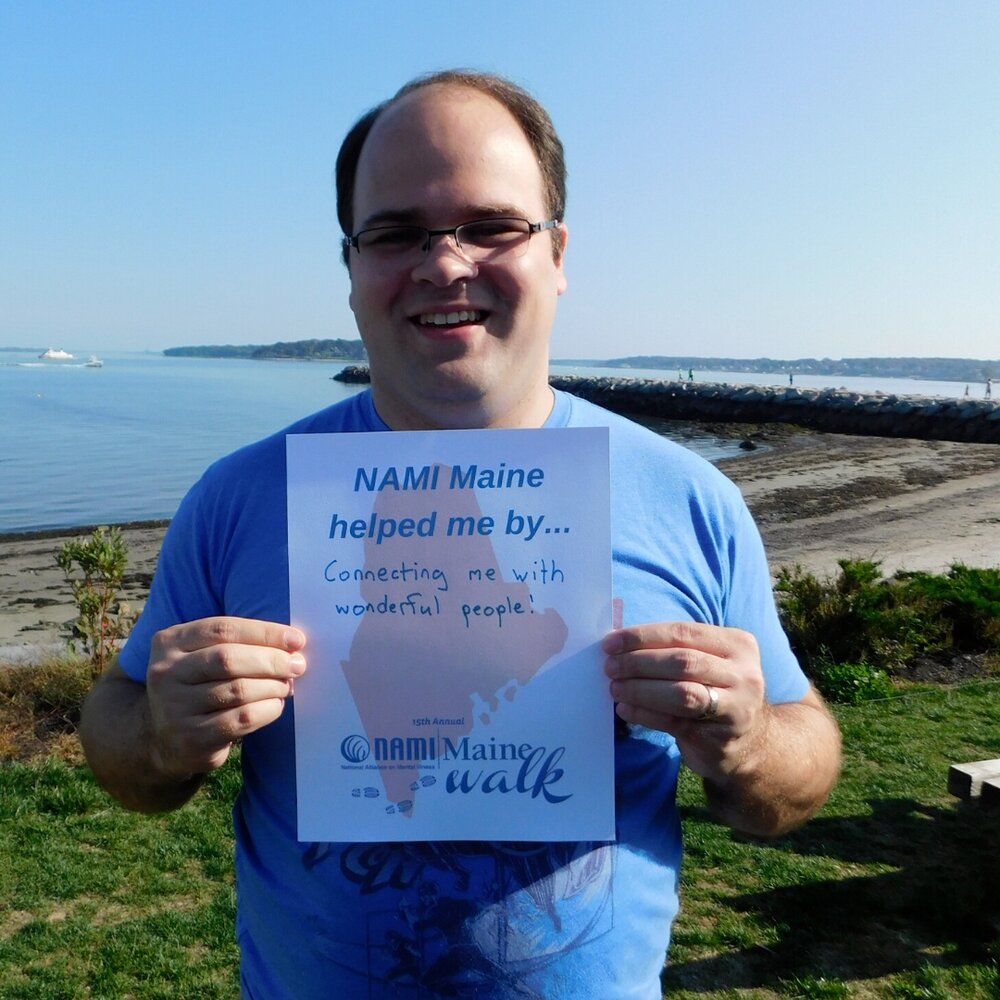
- This event has passed.
Grief Therapy for Traumatic Loss: A Meaning-Focused Approach
June 28 @ 8:00 am - June 29 @ 5:00 pm
$200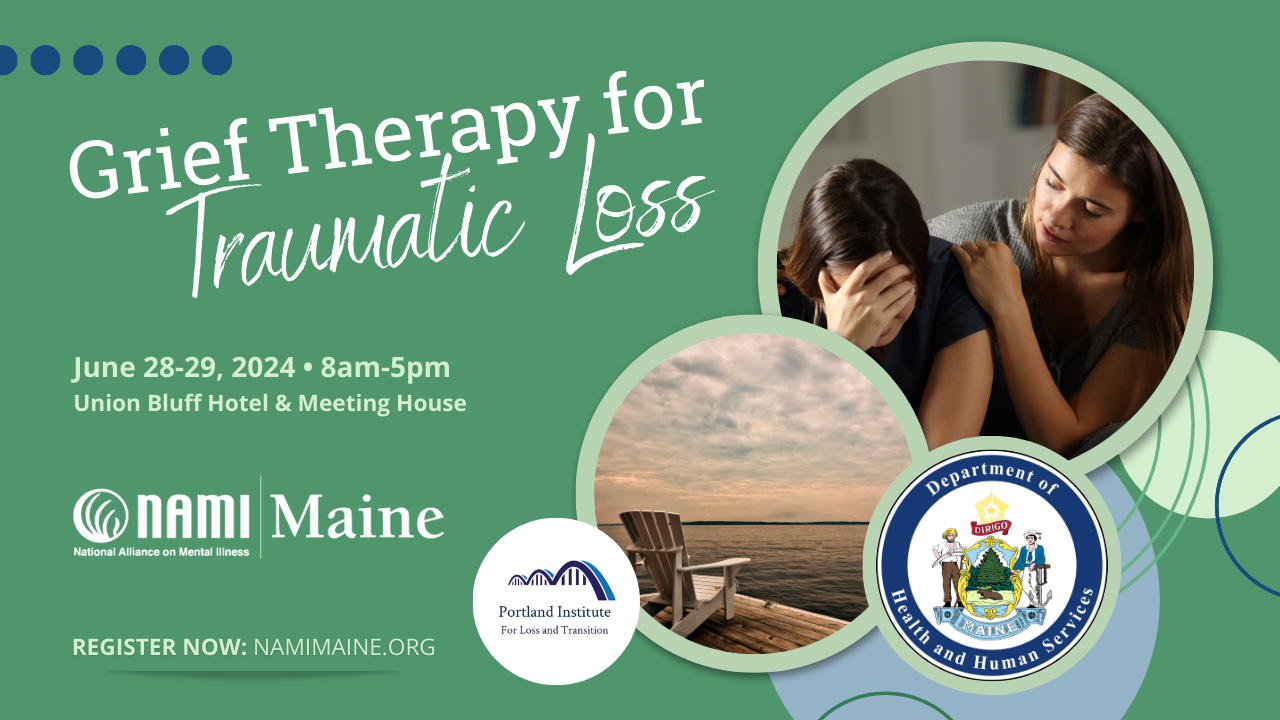
When the death is tragic and untimely, as when a significant person dies by suicide, overdose or fatal accident, grief can be particularly complicated by a gamut of challenging emotions, ranging from horror and helplessness to anger and incomprehension. In such cases, grief therapy needs to adopt a carefully tailored approach that recognizes the role of trauma in impeding the mourner’s integration of the loss.
In this 2-day workshop, we will begin by considering how we can quickly assess our clients’ needs in terms of the Tripartite Model of Meaning Reconstruction in bereavement, featuring obstacles to revisiting the event story of the death, reaffirming the back story of the relationship with the deceased, and revising the personal story of the mourner’s own sense of identity in the shadow of loss.
We will then consider flexible techniques that 1) help mourners not only make sense of the loss in the context of the changed story of their lives but also make sense of themselves as survivors in light of it, and 2) access and reconstruct the terms of attachment to the deceased so as to reaffirm constructive bonds in a sustainable, non-physical form, and to resolve unfinished business in bonds that are more problematic or ambivalent.
Click Here for the Event Program / Agenda >
PRESENTERS:
 Robert A. Neimeyer, PhD, is a Professor Emeritus of the Department of Psychology, University of Memphis, and maintains an active consulting and coaching practice. He also directs the Portland Institute for Loss and Transition, which provides online training internationally in grief therapy. Neimeyer has published 35 books, including the Handbook of Grief Therapies and New Techniques of Grief Therapy: Bereavement and Beyond, and serves as Editor of the journal Death Studies. The author of over 600 articles and book chapters and a frequent workshop presenter, he is currently working to advance a more adequate theory of grieving as a meaning-making process.
Robert A. Neimeyer, PhD, is a Professor Emeritus of the Department of Psychology, University of Memphis, and maintains an active consulting and coaching practice. He also directs the Portland Institute for Loss and Transition, which provides online training internationally in grief therapy. Neimeyer has published 35 books, including the Handbook of Grief Therapies and New Techniques of Grief Therapy: Bereavement and Beyond, and serves as Editor of the journal Death Studies. The author of over 600 articles and book chapters and a frequent workshop presenter, he is currently working to advance a more adequate theory of grieving as a meaning-making process.
Neimeyer served as President of the Association for Death Education and Counseling (ADEC) and Chair of the International Work Group for Death, Dying, & Bereavement. In recognition of his scholarly contributions, he has been granted the Eminent Faculty Award by the University of Memphis, made a Fellow of the Clinical Psychology Division of the American Psychological Association, and given Lifetime Achievement Awards by both ADEC and the International Network on Personal Meaning.
 Carolyn Ng, PsyD, MMSAC, RegCLR, maintains a private practice, Anchorage for Loss and Transition, for training, supervision and therapy in Singapore, while also serving as an Associate Director of the Portland Institute. Previously she served as Principal Counsellor with the Children’s Cancer Foundation in Singapore, specialising in cancer-related palliative care and bereavement counselling. She is a master clinical member and approved supervisor with the Singapore Association for Counselling (SAC) and a consultant to a cancer support and bereavement ministry in Sydney, Australia.
Carolyn Ng, PsyD, MMSAC, RegCLR, maintains a private practice, Anchorage for Loss and Transition, for training, supervision and therapy in Singapore, while also serving as an Associate Director of the Portland Institute. Previously she served as Principal Counsellor with the Children’s Cancer Foundation in Singapore, specialising in cancer-related palliative care and bereavement counselling. She is a master clinical member and approved supervisor with the Singapore Association for Counselling (SAC) and a consultant to a cancer support and bereavement ministry in Sydney, Australia.
Ng is trained in the Critical Incident Stress Management (CISM) by the International Critical Incident Stress Foundation, USA, community crisis response by the National Organisation for Victim Assistance (NOVA), USA, as well as Applied Suicide Intervention Skills Training (ASIST) by LivingWorks, Canada. She is also a trained end-of-life doula and advanced care planning facilitator. She conducts training workshops and consultation on various topics, as invited by different organizations both in Singapore and other countries like Malaysia, Taiwan, Bhutan, Australia, Mexico, Spain, Canada and United States over the years. Her recent writing concerns meaning-oriented narrative reconstruction with bereaved individuals and families in trauma, grief and loss, with an emphasis on conversational approaches for fostering new meaning and reintegration in life.
REGISTRATION:
Early Bird Registration = $150 (Only available to Maine providers through April 30)
Regular Registration = $200 (Priority goes to Maine providers. Out-of-state registrants will be put on wait list until June 1)
*Registration includes two days; there are no one-day registrations for this event. The low registration cost for this program is made possible through grant funding from the Maine CDC.




